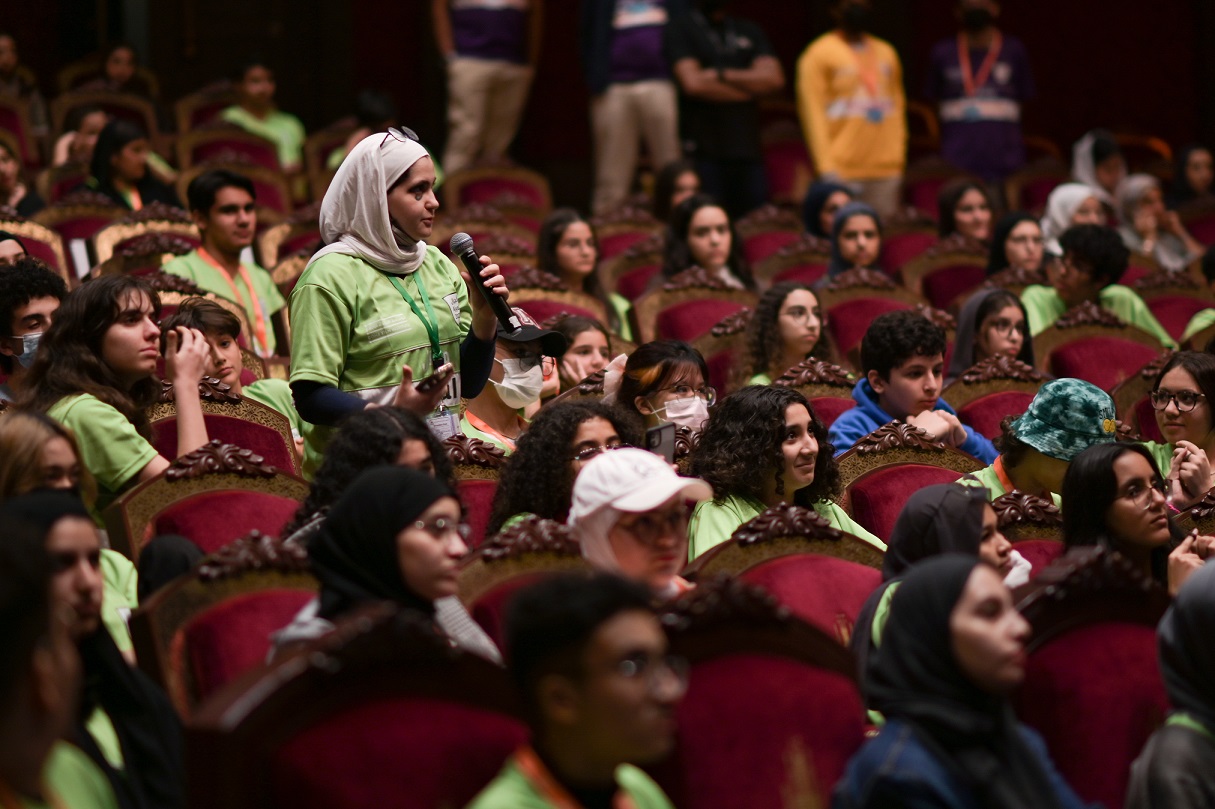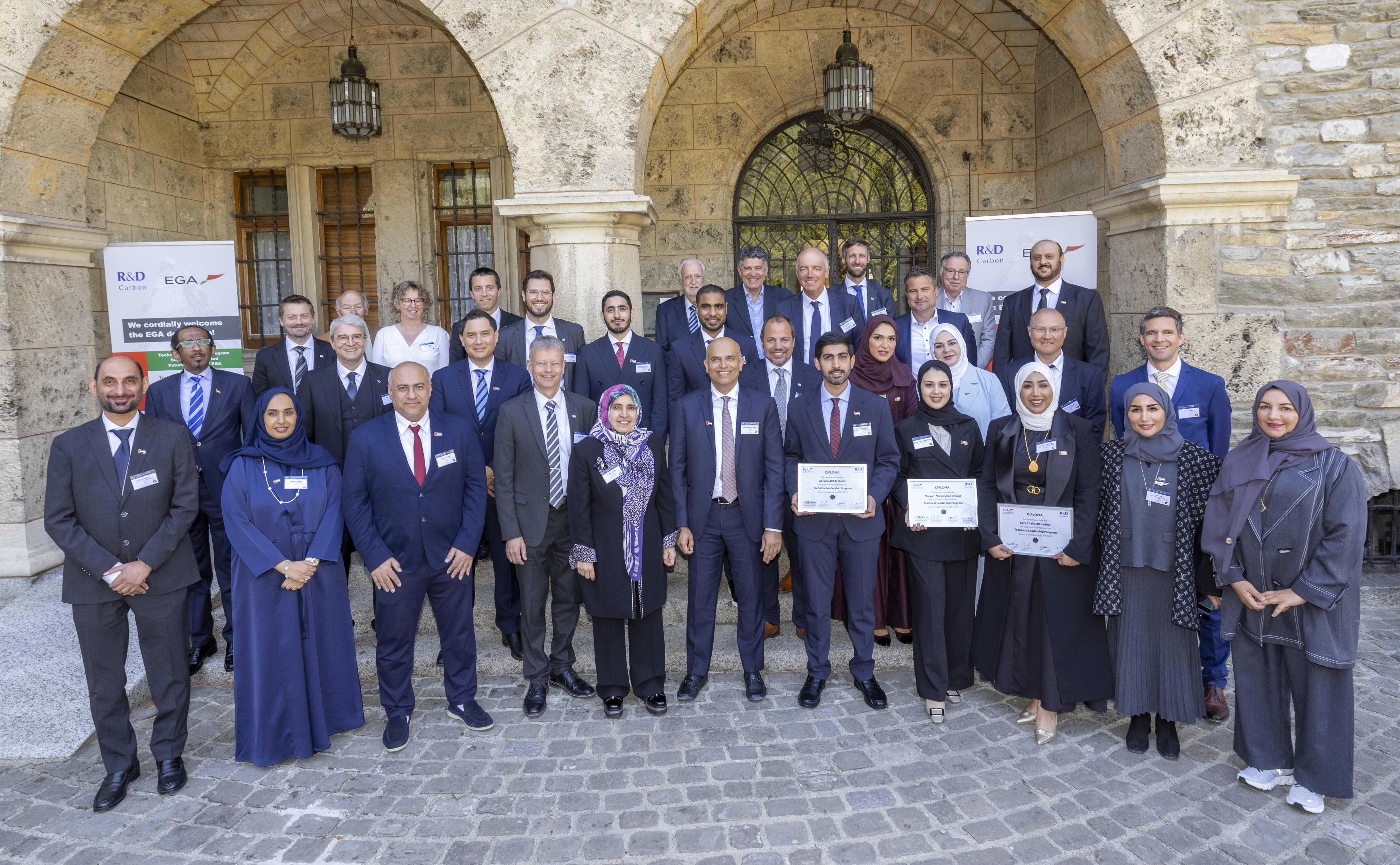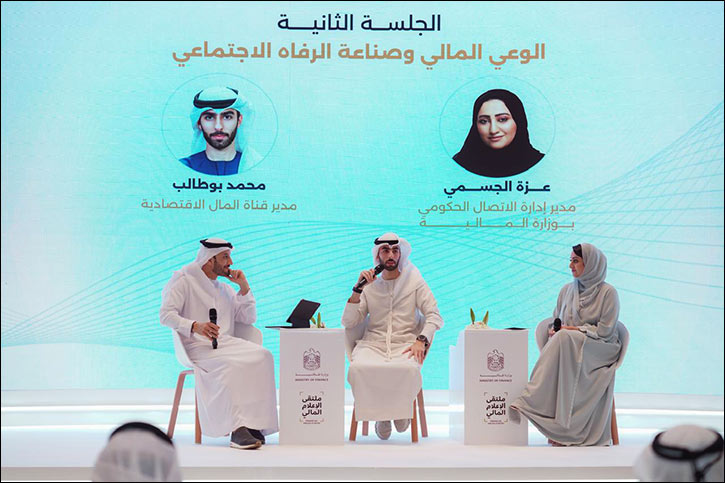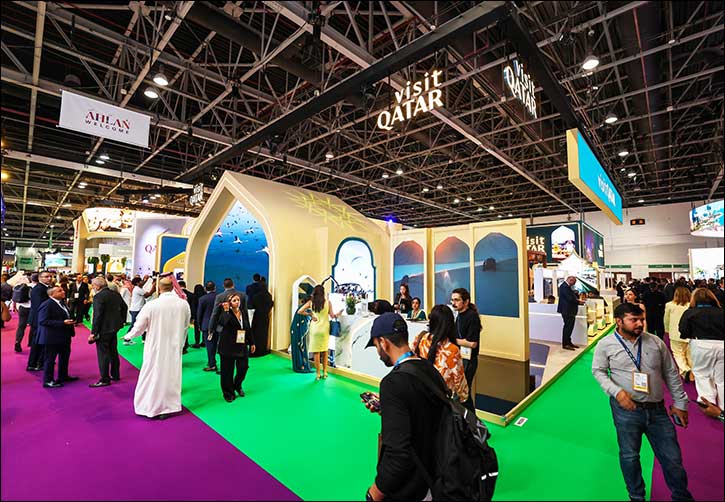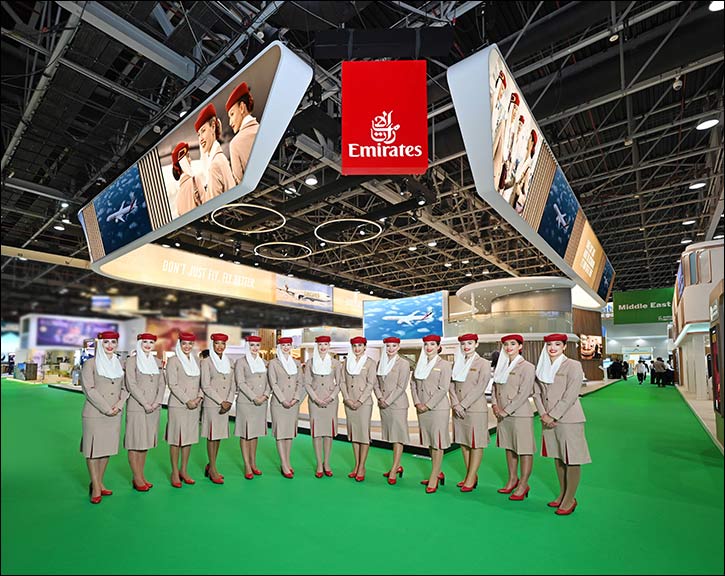Youth jurors of the Special Edition of the 10th Ajyal Film Festival discovered cinema, from a new lens, with powerful stories centred around less discussed themes such as social stigma, mental health, and the negative influence of technology on the human mind leaving a lasting impression on them.
The youngest jurors in the Mohaq category, aged 8 to 12, watched a bittersweet and endearing family drama, about a young boy coming to terms with being differently abled than his peers. Bigman (The Netherlands, Germany/2022) by Camiel Schouwenaar, based loosely on screenwriter Job Tichelman’s own life as a disabled football player, received massive ovation from the young crowd.
Interacting with the youth audience, director Camiel Schouwenaar said the message of the film is that “one must not give up easily, even when there big or small troubles in life. This film is about empowerment, why you must fight for your dreams and how the support of family and friends can help overcome your challenges. We must have dreams, believe in them, and fight for them.”
He said the film took three years to materialise, with the actor training with the screenwriter to get the nuances of his character. “The purpose of making this film,” said Schouwenaar, was “to make a great story that people love, and families want to see. We see a lot of parents being extremely protective about differently abled children and imposing unwarranted restrictions. With the film, we want to say that every child must have a free childhood; of course, they need to be protected but they must also have the freedom to play and learn from life.”
The screening of After Yang (USA/2022) by Kogonada, a South Korean-born American filmmaker, to Hilal jurors (aged 13 to 17) was followed by an engaging discussion. Based on a short story by Alexander Weinstein, the film is a compelling drama set in the alarmingly near future where domestic robots pervade our daily lives. Reflective and intriguing, the film uses minimal props to convey its theme and setting, and the audience displayed a strong understanding of the nuances and complexities presented by the film.
The discussion that followed the screening of My Sister Liv (Australia, USA/2022) by Alan Hicks, a Grammy Award-winning filmmaker, to the senior-most Bader jurors (aged 18 to 25) was equally emotional as it was inspiring.
The feature documentary follows the inseparable sisters Tess and Liv, taking viewers on an intimate journey of Liv’s fears of a young life on the edge, and Tess’s desperate struggle to save her. Delving into the realities of stigma around mental health, and the aftermath for those left behind after a suicide, it is about loss and coping with it, and how, as Tess does today, encourage others to accept loss and find courage to move forward.
Tess joined the director Alan Hicks for a discussion with the jurors after the screening. A film shot without a camera crew but with just videos shot by Liv and Tess, My Sister Liv makes an important commentary on mental health and why people, especially youth, must open up and find support.
“Liv recorded herself when she was very little. When she passed away, these [recordings] were very painful but they also showed things I haven’t seen or known before, which are special treasures,” said Tess. She gave all the footage to director Alan, who stitched together the film, first as a 35-minute shot, before expanding it to a feature film length.
Tess said making the film, and embracing storytelling, was a way of coming to terms with her personal loss. “I have learnt that sharing your vulnerabilities is not something to be ashamed of; it is okay to share your feelings, it is a superpower, and I now encourage others to do so with the Liv Project (thelivproject.org).”
Alan said it was important to approach the film with care. “I am not a salacious filmmaker; I look for stories that people can connect with. Liv could have been anybody as we are all dealing with such issues, especially the younger generation. The part of the problem about mental health is that we are not open about that. Today, I am quite comfortable talking about mental health and encourage others to seek professional help. We built the film with therapists vetting it and it helps people connect with the film in a meaningful and not problematic way.”
Tess said the film is a wonderful gift that has helped her cope with her grief. “Alan was able to talk about Liv and ask about her to me, and it was important for my grieving process. Today, I find other people with similar losses, and what is helpful is not to be afraid to lean on friends.
The Special Edition of the 10th Ajyal Film Festival will screen a specially curated programme of important stories from around the world to over 613 jurors from 50 countries. They will also take part in the Ajyal Talks and Spotlight sessions in addition to taking part in lively discussions on cinema and critiquing the movies they watched.
Katara is the Cultural Partner of the Special 10th Edition of the Ajyal Film Festival. Contributing Partners include Darwish Holding, the Official Electronics Provider; with FNAC, Sony and 51 East; Qommunication is the Social Media Partner; and Friends of the Festival include Alkalive, the Official Water Sponsor; Giffoni, Qatar Museums, Leisure (Virtuocity).
-ENDS-
